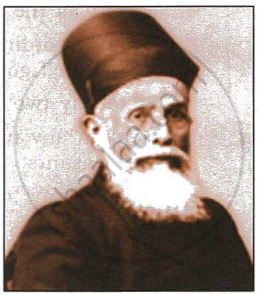Advertisements
Advertisements
Question
Imagine that you got a chance to interview one of the Early Nationalist leaders. On the basis of interview, express your views on the Early Nationalist leader's beliefs as well as the methods used by him.
Solution
I interviewed Dadabhai Naoroji, and based on the interview, here are my views on his beliefs and methods:
- He had faith in the justice, honesty, and integrity of the British. He trusted their promises and hoped they would grant Home Rule to India.
- He believed in constitutional and peaceful methods to achieve Home Rule, favouring patience and reconciliation over violence and confrontation.
- In his works, "Poverty and Un-British Rule in India" and through his Drain Theory, he explained how India's wealth was being drained to England in various ways.
- As a member of the British Parliament, he raised important issues about India in the House of Commons.
- He acted as India's unofficial ambassador to Britain and founded the London India Society and East India Association in London to promote India's cause.
APPEARS IN
RELATED QUESTIONS
Where and when did the National Conference founded by Surendranath Banerjee has its first meeting?
Mention two acts against which Surendra Nath Banerjee protested?
State two policies of the British which were opposed by Gokhale.
Identify the Early Nationalist leader.
Dadabhai Naoroji presented which famous theory in his paper- 'Poverty and Un-British Rule in India?
Who is known as India's unofficial ambassador and why?
Who is the author of 'Poverty and Un-British Rule in India'?
Against which two Acts did Surendranath Banerjee start an agitation?
Gopal Krishna Gokhale, the political mentor of Gandhiji, was one of the most popular Early Nationalist leaders. In this context, answer the following:
- State three policies of the imperial regime, which were opposed by Gokliale.
- What role did he play as a member of the Imperial Legislative Council?
- How did he try to arouse national awakening?
Picture Study

- Identify the person in the picture and state what he is popularly known as.
- His achievement in strengthening Indian nationalism.
- His views on the cause of poverty in India.
